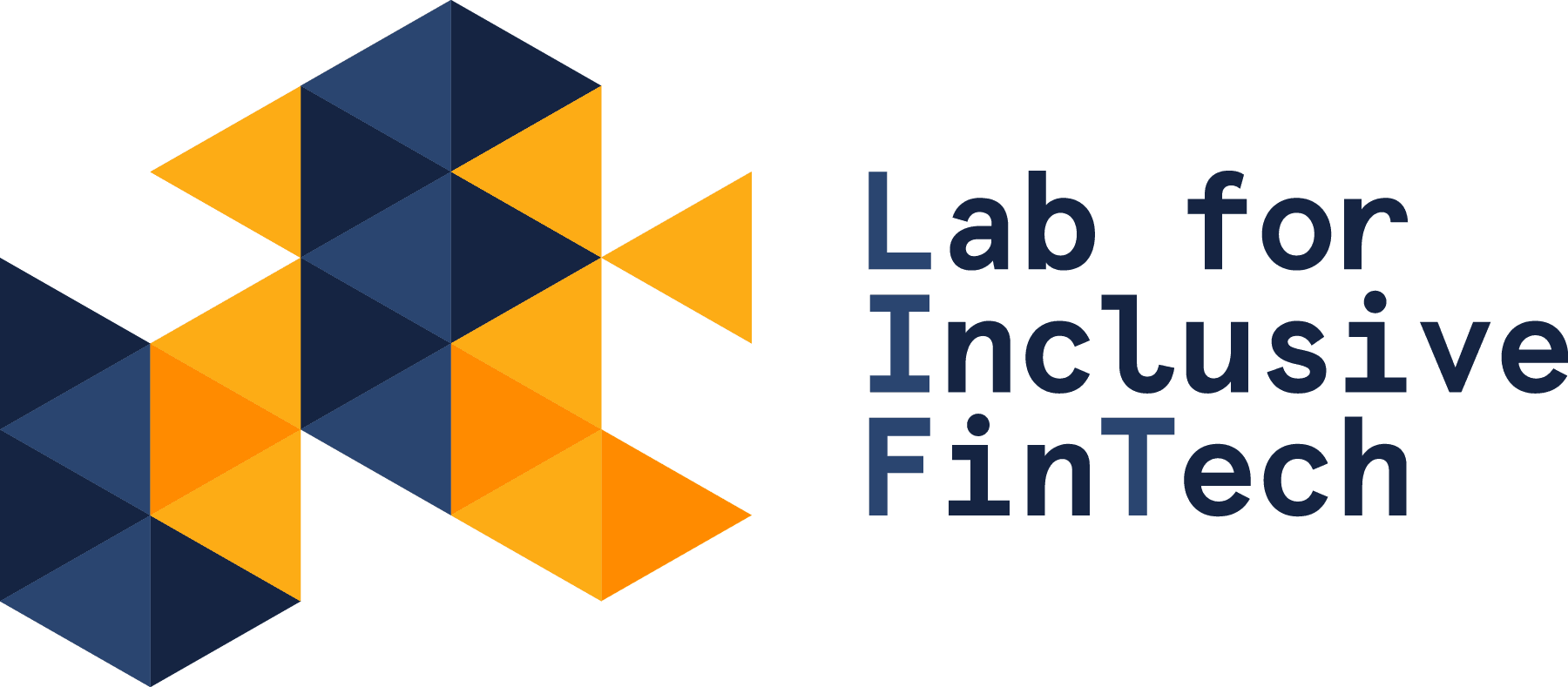Summary:
While financial service providers have traditionally employed loan officers to decide who can borrow and how much given anticipated repayment rates, digital credit products make lending decisions automatically using algorithms. Algorithmic credit scoring lowers the costs of lending and provides an opportunity to inspect and re-optimize lending decisions to achieve objectives beyond repayment. However, the impacts of these digital credit products remain understudied. In Nigeria, the research team works with a financial service provider to rigorously evaluate the impacts of a digital credit product on clients. The evaluation will investigate the impacts of digital loans on financial welfare, ability to cope with shocks, women’s empowerment, and mental health outcomes; and will determine whether these impacts differ by borrower gender. See here for results
Researchers are also working to illustrate how new data and algorithms can better balance benefits to borrowers as well as the profit-related objectives of financial institutions that lend to them. Using the welfare metrics collected from respondents to evaluate impacts, the research team leverages recent advances in machine learning – which make it possible to predict who will benefit from a decision and how– to design “welfare-centric” credit scores. This theoretical work of designing and testing the algorithms will allow the research team to better understand how lending decisions can balance the predicted (i) economic welfare benefits, (ii) women’s empowerment, and (iii) lender profits. To test these “welfare-sensitive” machine learning methods in real-world digital credit settings, the research team will use information available to the lender at the point of lending to assess the feasibility of developing a predicted welfare score for each borrower as an input into credit scoring models. Ongoing work will explore other ways in which passively-collected data (rather than research surveys), could be used to predict different dimensions of consumer welfare to inform real-world credit scoring to ensure that it positively benefits consumers.


